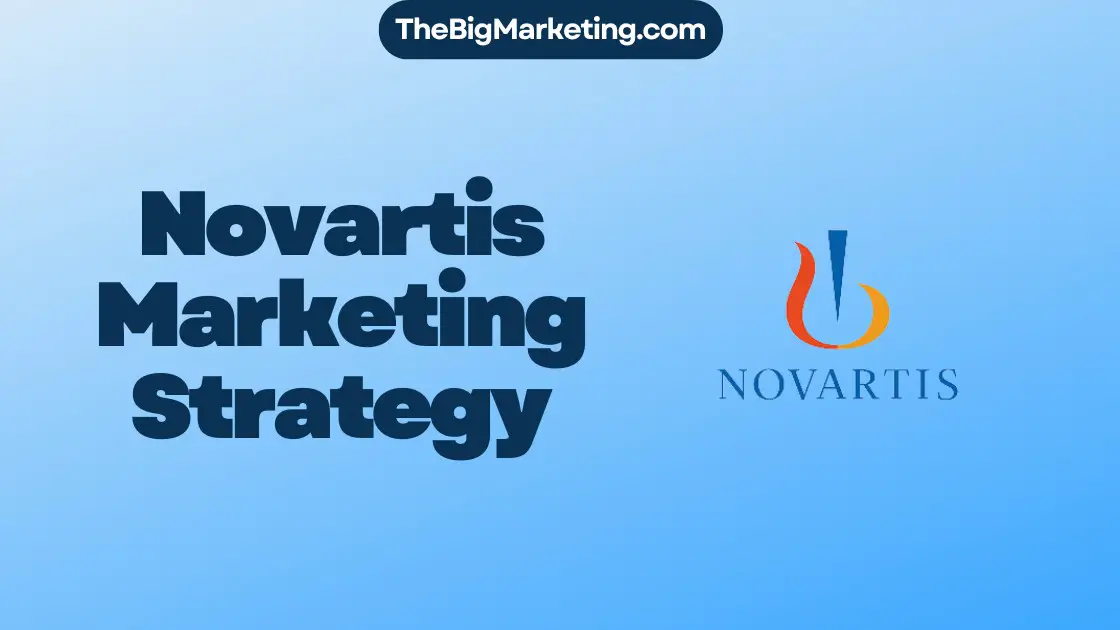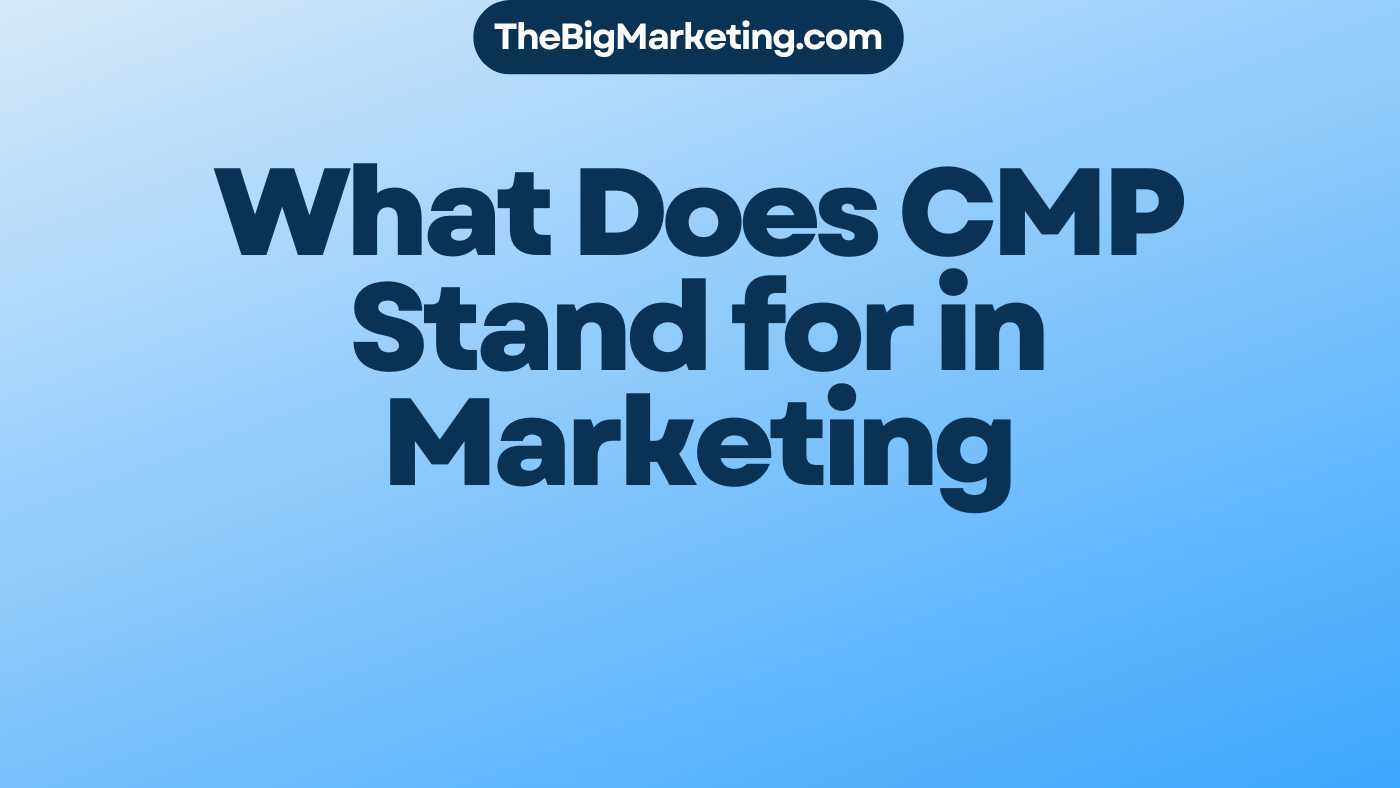Salesforce remains a leading cloud-based CRM provider, recognized for its extensive tools that facilitate customer data centralization, sales automation, and insightful analytics. However, its non-intuitive user interface and steep learning curve have led some users to seek alternatives. The integration process, often slow and reliant on third-party involvement, adds another layer of complexity and cost, making it less appealing for smaller businesses. Indeed, the total ownership cost encompassing customization, integration, and maintenance can be prohibitive. As a result, companies prioritizing a tailored customer experience may find Salesforce lacking in specificity. The market now features numerous CRM solutions at varied price points, each with unique features and user experiences better suited to diverse business needs.
Why Look for Salesforce Alternatives?
Finding viable alternative CRM systems to Salesforce can be pivotal for businesses encountering difficulties with its high cost and complex functionalities. For small to midsize enterprises, this becomes even more pertinent considering the diverse needs and limited budgets typical of such entities.
Common Drawbacks of Salesforce
Salesforce is renowned for its comprehensive suite of features, yet it poses several challenges. The high cost of ownership is one significant drawback. Not only do businesses face initial licensing fees, but ongoing expenses related to customization, integration, and maintenance also add up quickly. The user interface can be intimidating, requiring substantial training, which further complicates its adoption among smaller teams.
- Licensing Fees
- Customization Costs
- Complex Integration
- Steep Learning Curve
Such drawbacks may lead to operational inefficiencies, impeding the overall business agility and responsiveness.
Importance of Evaluating Alternatives
In light of these challenges, evaluating leading Salesforce competitors becomes crucial. Alternatives often offer more streamlined and cost-effective solutions tailored to specific business needs. By exploring top CRM alternatives, businesses can find platforms that provide requisite functionalities without the associated high costs and complexities. This is especially beneficial for small and midsize companies that require agility and prompt customer service without overwhelming overhead.
Considerations when evaluating alternatives should include:
- Cost-Effectiveness
- User-Friendliness
- Integration Capabilities
- Customer Support and Service
These factors help ensure that the CRM system aligns with business objectives and can be effectively integrated into existing operations without significant disruptions.
Zendesk: An Overview of Features and Pricing
When analyzing salesforce vs competitors, Zendesk stands out as a potent CRM solution designed for diverse business sizes. This platform is renowned for enhancing support team productivity through an array of advanced tools.
Key Features of Zendesk
Zendesk offers a suite of intelligent features in its CRM software comparison:
- AI-driven chatbots trained from extensive customer interaction datasets
- Streamlined automations to improve workflow efficiency
- Omnichannel Agent Workspace that consolidates customer interactions
- Intuitive user interface reducing the necessity for extensive training
Pricing Plans
In considering the best salesforce alternatives, Zendesk’s pricing plans provide flexibility:
- Suite Team Plan: $55 per agent/month
- Custom pricing options for larger enterprises
User Experience and Suitability
Zendesk excels in user experience, showcasing its strengths during a 14-day trial. The platform is particularly suitable for fast-paced business environments that prioritize efficient customer service and robust engagement across various channels. This makes it a valuable consideration in any CRM software comparison, especially when evaluating salesforce vs competitors.
Microsoft Dynamics 365: A Comprehensive CRM Solution
Microsoft Dynamics 365 is recognized for its seamless integration within the Microsoft ecosystem, making it a formidable player among salesforce competitors. This integration notably includes Microsoft 365 and Teams, which enhances collaboration and streamlines workflows.
Integration with Microsoft Products
One of the standout features of Microsoft Dynamics 365 is its seamless integration with other Microsoft products. This integration provides a cohesive user experience and supports enhanced productivity by utilizing tools such as Microsoft 365 and Teams. This tight integration facilitates better collaboration among team members and aligns internal workflows efficiently.
AI and Automation Capabilities
Microsoft Dynamics 365 leverages advanced AI and automation capabilities to provide predictive analytics and valuable insights. These features enable businesses to make informed, data-driven decisions. AI-driven insights help in identifying trends, predicting customer needs, and automating routine tasks, making Dynamics 365 a strong contender in the salesforce vs competitors landscape.
Pricing and Plans
The pricing for Microsoft Dynamics 365 starts at $50 per user per month for the Customer Service Professional plan. Various options are available to cater to different business needs, including advanced AI and automation features. Dynamics 365 provides flexible pricing plans and robust features that enhance its position among top sales force competitors.
Zoho CRM: Affordable and Feature-Rich
Zoho CRM stands out among the leading salesforce competitors with its affordability and extensive features. Designed to cater to businesses of various sizes, Zoho CRM offers a robust suite of applications, including CRM, email marketing, and project management. This suite provides a comprehensive solution for diverse operational needs.
One of the hallmark features is Zia, the AI-powered assistant that enhances the efficiency of sales and customer service operations. Zia leverages predictive sales analytics and lead scoring, providing valuable insights and helping teams close deals more effectively.
Considering different budgetary needs, Zoho CRM’s pricing structure is quite flexible. Plans range from the Standard option at $14 per user per month to the Ultimate option available at $52 per user per month. This pricing approach ensures that businesses, from startups to established enterprises, can find an appropriate plan without compromising on essential features.
As an alternative CRM system, Zoho CRM excels in providing functional richness at a cost-effective price point. For companies seeking top CRM alternatives, Zoho CRM offers a combination of affordability and comprehensive capabilities, making it a formidable option in the competitive CRM landscape.
HubSpot CRM: Inbound Marketing and Sales
HubSpot CRM stands out among the top CRM alternatives with its focus on inbound marketing, sales, and customer service. Known as one of the prominent Salesforce competitors, HubSpot provides tools tailored for comprehensive customer engagement, making it a viable option among the best Salesforce alternatives.
Marketing and Sales Integration
HubSpot excels in seamlessly integrating marketing and sales processes. The platform offers features such as a centralized CRM, content management, and lead nurturing strategies that align sales efforts with marketing campaigns. This integration eliminates data silos, ensuring all teams have visibility into the customer journey.
Freemium and Paid Options
One of the notable aspects of HubSpot CRM is its freemium model, which provides essential tools at no cost. For more advanced requirements, HubSpot offers Service Hub plans that range from $18 to $1,200 per month. This tiered pricing structure allows businesses to scale their customer relationship management solutions as they grow.
Best Use Cases
HubSpot is versatile, catering to various business sizes and needs. Small businesses can benefit from the free tools, enabling them to manage customer interactions without incurring costs. For larger organizations, the paid plans offer extensive functionalities suited for comprehensive sales operations and detailed customer service experiences. HubSpot’s user-friendly interface and robust features present an effective solution for companies striving to streamline their marketing and sales efforts.
Pipedrive: A Visual Sales Pipeline Tool
Pipedrive stands out as an effective CRM designed to provide sales teams with a visual overview of their entire sales process. By incorporating a range of customizable features and an intuitive interface, it facilitates easier deal tracking and management, making it a popular choice among alternative CRM systems.
Sales Pipeline Visualization
Central to Pipedrive’s appeal is its robust sales pipeline visualization. This feature allows sales teams to monitor deals graphically, ensuring they can quickly gauge the status of ongoing negotiations and identify areas that need attention. This visualization capability sets it apart in the discussion of salesforce vs competitors.
Customization Options
Another strong point of Pipedrive is its wide array of customization options. Users can tailor the system to fit their specific workflow and sales processes. This flexibility allows businesses to adapt the CRM to their unique needs, which is a noteworthy advantage when considering leading salesforce competitors.
Pricing Overview
Pipedrive offers an accessible pricing structure starting at $14.90 per user/month, ensuring that it remains an affordable choice among alternative CRM systems. This competitive pricing, combined with its user-friendly design and powerful visualization tools, makes Pipedrive a compelling option for businesses aiming to streamline their sales pipeline without the extensive features and costs associated with Salesforce.
salesforce competitors: Evaluating the Key Players
Evaluating Salesforce competitors requires a thorough CRM software comparison to select the solution that best fits your business needs. Consider factors like ease of use, pricing, features, and integrations. Well-known players such as Microsoft, Oracle, and emerging alternatives bring distinctive attributes to the table. Smaller businesses might benefit more from user-friendly interfaces, while larger corporations often prioritize extensive feature sets and seamless integrations.
Analyze how each CRM aligns with your goals and budget. Top salesforce competitors can vary greatly in terms of mobile accessibility and customization options, essentially shaping the user experience. High importance should be placed on the security of data, as this remains a critical concern in CRM management.
In summary, while Salesforce holds a significant market share, it’s essential to explore its competitors to find a solution that aligns more closely with your organizational requirements and operational aspirations. By employing a strategic CRM software comparison, businesses can better understand the landscape of top sales force competitors and make informed decisions that foster growth and efficiency.
Oracle NetSuite: An All-In-One Commerce Solution
Oracle NetSuite is widely acclaimed as one of the top CRM alternatives due to its comprehensive integration with enterprise resource planning (ERP). This makes it particularly advantageous for e-commerce businesses looking for an all-encompassing solution. By offering robust CRM analytics and highly-rated mobile applications, Oracle NetSuite ensures that businesses remain efficient and agile.
One of the best salesforce alternatives, Oracle NetSuite stands out with its cloud and browser support, making it accessible regardless of device or location. Its pricing model adapts to each business’s unique needs, showcasing its flexibility and range to cover various industry requirements. This all-in-one software suite offers not only CRM functionality but also extensive enterprise resource management, making it a strong competitor in the salesforce vs competitors debate.
With Oracle NetSuite’s powerful capabilities, businesses can streamline their operations, enhance customer relationship management, and ensure data integration across different platforms. This positions it as one of the top CRM alternatives worth considering for enterprises aiming for comprehensive and unified software solutions.
Conclusion
Navigating the myriad of available CRM solutions in 2024 is crucial for any company looking to optimize their operations and customer relationships. While Salesforce remains a formidable player in the CRM space, understanding the leading salesforce competitors can offer a wealth of benefits that may better suit diverse business needs. Each alternative CRM system presented in this article offers unique strengths, whether it’s affordability, specialized features, or ease of integration.
Zendesk, with its robust customer service tools, Microsoft Dynamics 365 with comprehensive AI and automation capabilities, and Zoho CRM known for its cost-effectiveness, all represent potent alternatives. HubSpot CRM excels in integrating inbound marketing and sales processes, making it an ideal choice for businesses focused on customer engagement. Similarly, Pipedrive provides an intuitive visual sales pipeline that could enhance sales team efficiency. Lastly, Oracle NetSuite’s all-in-one commerce solution stands out for integrating CRM with enterprise resource planning, catering specifically to e-commerce businesses.
Ultimately, finding the top sales force competitors that align with your specific organizational goals and industry requirements is imperative. These alternatives not only offer competitive pricing but also present features tailored to varied business sizes and operational needs. As the business landscape continues to evolve, thoroughly evaluating these options will help companies identify the most suitable CRM to propel their customer relationship management to new heights.
FAQ
What are some common drawbacks of using Salesforce?
Why is it important to consider alternative CRM systems?
Can you provide an overview of Zendesk’s features and pricing?
How does Microsoft Dynamics 365 integrate with other Microsoft products?
What AI and automation capabilities does Microsoft Dynamics 365 offer?
What is the pricing structure for Zoho CRM?
How does HubSpot CRM integrate marketing and sales processes?
What are the pricing options available for HubSpot CRM?
FAQ
What are some common drawbacks of using Salesforce?
Common drawbacks of Salesforce include a non-intuitive user interface, a steep learning curve, slow and cumbersome integration processes due to third-party dependencies, and high total cost of ownership that encompasses customization, integration, and maintenance expenses.
Why is it important to consider alternative CRM systems?
Evaluating alternative CRM systems is vital as they can offer more tailored and economical solutions, especially for small to midsize businesses. Alternatives might provide a stronger focus on specific business needs, such as seamless customer experience, ease of use, and lower costs.
Can you provide an overview of Zendesk’s features and pricing?
Zendesk offers comprehensive tools for customer support, including AI-driven chatbots, intelligent automations, and an intuitive interface. Pricing plans range from the Suite Team at per agent/month to custom packages for larger enterprises, with a 14-day trial available.
How does Microsoft Dynamics 365 integrate with other Microsoft products?
Microsoft Dynamics 365 integrates seamlessly with the Microsoft ecosystem, including Microsoft 365 and Teams, enhancing collaborative efforts and internal workflows. This integration supports better data sharing and communication within an organization.
What AI and automation capabilities does Microsoft Dynamics 365 offer?
Microsoft Dynamics 365 leverages AI for predictive analytics and insights, aiding data-driven decision-making. Key features include intelligent routing, knowledge management tools, and advanced automation capabilities.
What is the pricing structure for Zoho CRM?
Zoho CRM offers various pricing tiers, starting from the Standard plan at /user/month to the Ultimate option at /user/month. This structuring makes it accessible for businesses of different sizes, providing a cost-effective yet feature-rich alternative to Salesforce.
How does HubSpot CRM integrate marketing and sales processes?
HubSpot CRM specializes in inbound marketing and sales, offering a comprehensive suite of tools for customer engagement. Its centralized CRM, knowledge base creation, and advanced ticketing system ensure a cohesive marketing and sales approach.
What are the pricing options available for HubSpot CRM?
HubSpot CRM provides a freemium model with basic tools available at no cost. Paid Service Hub plans range from to
FAQ
What are some common drawbacks of using Salesforce?
Common drawbacks of Salesforce include a non-intuitive user interface, a steep learning curve, slow and cumbersome integration processes due to third-party dependencies, and high total cost of ownership that encompasses customization, integration, and maintenance expenses.
Why is it important to consider alternative CRM systems?
Evaluating alternative CRM systems is vital as they can offer more tailored and economical solutions, especially for small to midsize businesses. Alternatives might provide a stronger focus on specific business needs, such as seamless customer experience, ease of use, and lower costs.
Can you provide an overview of Zendesk’s features and pricing?
Zendesk offers comprehensive tools for customer support, including AI-driven chatbots, intelligent automations, and an intuitive interface. Pricing plans range from the Suite Team at $55 per agent/month to custom packages for larger enterprises, with a 14-day trial available.
How does Microsoft Dynamics 365 integrate with other Microsoft products?
Microsoft Dynamics 365 integrates seamlessly with the Microsoft ecosystem, including Microsoft 365 and Teams, enhancing collaborative efforts and internal workflows. This integration supports better data sharing and communication within an organization.
What AI and automation capabilities does Microsoft Dynamics 365 offer?
Microsoft Dynamics 365 leverages AI for predictive analytics and insights, aiding data-driven decision-making. Key features include intelligent routing, knowledge management tools, and advanced automation capabilities.
What is the pricing structure for Zoho CRM?
Zoho CRM offers various pricing tiers, starting from the Standard plan at $14/user/month to the Ultimate option at $52/user/month. This structuring makes it accessible for businesses of different sizes, providing a cost-effective yet feature-rich alternative to Salesforce.
How does HubSpot CRM integrate marketing and sales processes?
HubSpot CRM specializes in inbound marketing and sales, offering a comprehensive suite of tools for customer engagement. Its centralized CRM, knowledge base creation, and advanced ticketing system ensure a cohesive marketing and sales approach.
What are the pricing options available for HubSpot CRM?
HubSpot CRM provides a freemium model with basic tools available at no cost. Paid Service Hub plans range from $18 to $1,200 per month, catering to various user cases from small business startups to large-scale sales operations.
What makes Pipedrive an attractive alternative to Salesforce?
Pipedrive offers strong visual sales pipeline management, making it appealing for sales teams needing to monitor deals graphically. Its customization options and accessible pricing starting at $14.90 per user/month make it a user-centric alternative to Salesforce.
How does Oracle NetSuite stand out as a CRM solution?
Oracle NetSuite provides an all-in-one commerce solution that integrates CRM with enterprise resource planning (ERP). It is particularly suitable for e-commerce businesses, offering robust CRM analytics, highly-rated mobile applications, and adaptable cloud solutions.
How do Salesforce’s top competitors compare in terms of pricing and features?
Salesforce competitors like Microsoft Dynamics 365, Zoho CRM, HubSpot CRM, Pipedrive, and Oracle NetSuite offer various features and pricing levels that may better suit different business needs. The comparison reveals a diverse landscape of CRM solutions that prioritize different aspects like affordability, integration ease, feature set, or user experience.
,200 per month, catering to various user cases from small business startups to large-scale sales operations.
What makes Pipedrive an attractive alternative to Salesforce?
Pipedrive offers strong visual sales pipeline management, making it appealing for sales teams needing to monitor deals graphically. Its customization options and accessible pricing starting at .90 per user/month make it a user-centric alternative to Salesforce.
How does Oracle NetSuite stand out as a CRM solution?
Oracle NetSuite provides an all-in-one commerce solution that integrates CRM with enterprise resource planning (ERP). It is particularly suitable for e-commerce businesses, offering robust CRM analytics, highly-rated mobile applications, and adaptable cloud solutions.
How do Salesforce’s top competitors compare in terms of pricing and features?
Salesforce competitors like Microsoft Dynamics 365, Zoho CRM, HubSpot CRM, Pipedrive, and Oracle NetSuite offer various features and pricing levels that may better suit different business needs. The comparison reveals a diverse landscape of CRM solutions that prioritize different aspects like affordability, integration ease, feature set, or user experience.





